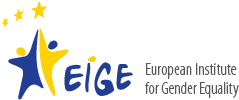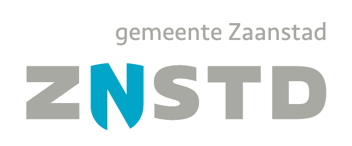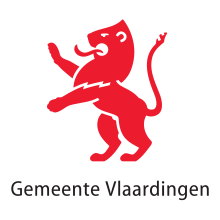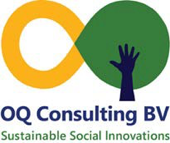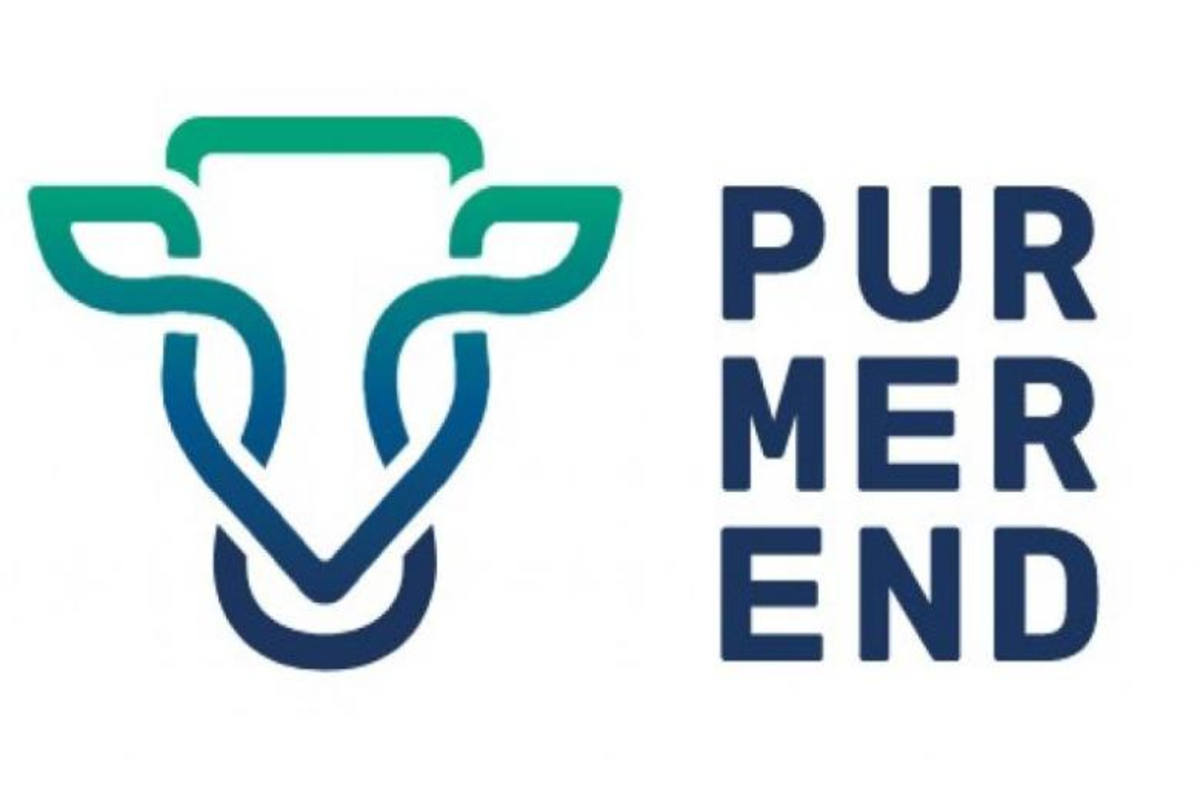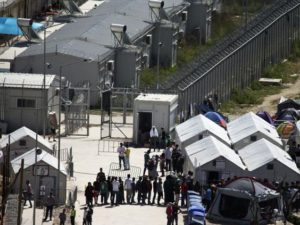
Photo: ANP
While 2.7 million Syrians have sought refuge in Turkey, often with no work and no roof over their heads, thousands of Syrians are in detention camps on Lesbos and other Greek islands. More Syrians live in camps in Lebanon, waiting to get to safety.
Syrians began fleeing their country in large numbers after Russia, the US, Iran, Turkey and Saudi Arabia chose sides and provided weapons and financing for pro and anti rebel forces. The Netherlands was prepared to welcome many more Syrian refugees than were able to come – people got stuck in camps. Europe didn’t help Greece administer the large numbers of refugees landing on its shores. Now, two years later, a new Dutch government is in place. The ruling coalition partners (the VVD, D66, ChristenUnie and CDA parties) announced their policy on refugees in October. In short: the Dutch will be less humane in bringing in new refugees, and the many who have settled here can expect a rocky road ahead.
What the Dutch offer
The refugees who have been accepted will no longer have extra financing for care, rent and unemployment benefits in the first two years of their stay. The municipal council will provide a home and insurance and some spare cash. Some reports say some payment will be “in natura” – whatever that means. I have come across instances of women selling their bodies in Dutch refugee camps, as a way of earning money. The thought that this form of transactional sex will only increase must be abhorrent to any government.
Refugees learn Dutch norms and values
I teach refugees who have been accepted into the Netherlands what the norms and values of Dutch society are. Those values, in a nutshell, are freedom, equality and solidarity. Legal experts are questioning whether the new cabinet uphold these norms and values. For many people who have no home to go back to, the Netherlands is their new home. Yet as individuals with the right to live in this country they are not being treated equally with Dutch citizens.
In order to be able to stay in the Netherlands, refugees must “integrate”. This means they must buy services to help them pass the requisite exams, such as knowledge of Dutch society and language proficiency. The integration policies assume that people are perfectly competent to manage passing the tests within the given time restraints. But the fact is, people who are traumatized by war are now very anxious that the safety they have found in the Netherlands will be taken away from them.
You don’t trust if you don’t know
Take, for example, an Armenian-Syrian family we met this week. The UN helped this family resettle in the Netherlands. The father became blind from drinking poisoned alcohol. It was not just a “bad batch” of alcohol. Journalists think that ISIS deliberately poisons alcohol to punish people who choose to drink. The family was provided a house in the Netherlands that should have conformed to their needs. Indeed, the local refugee aid organization is in touch with them and has helped them adjust the house to better suit their needs. But it is still not satisfactory, for various reasons that can easily be dealt with.
However, when I told local refugee aid organization that the family were complaining about health and safety aspects of their home, they were a little surprised. As far as they knew, all the things needing repairing and replacing had been repaired and replaced. But they were only a little surprised. They know from their many years of experience that people stop asking for help. People will still complain. And when an organization does not deliver on promises made, the newcomers don’t know they can keep asking. So they wait, hoping to be remembered, but losing faith in their new circumstances.
Few allies – are you one?
The mother in this family is diligently learning Dutch, the daughter is studying Dutch at the university and will soon continue her studies. The family is already participating in Dutch society, and will continue to do so. What it will take for them to be able to participate fully is for Dutch society to welcome them as graciously as they have welcomed us as their new neighbors. If the Dutch government is unwilling to support them, the opposition parties have a lot of work to do.
Our clients









